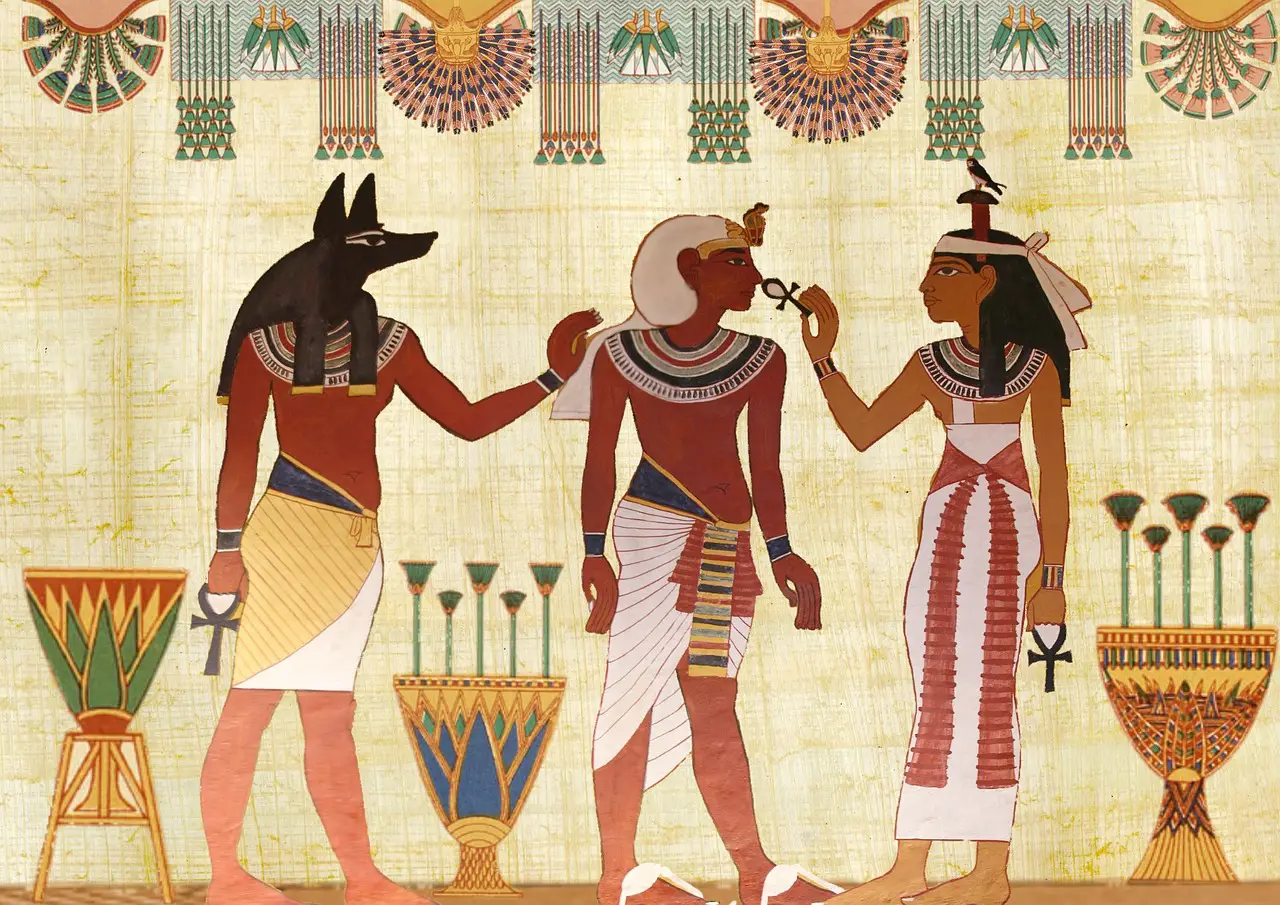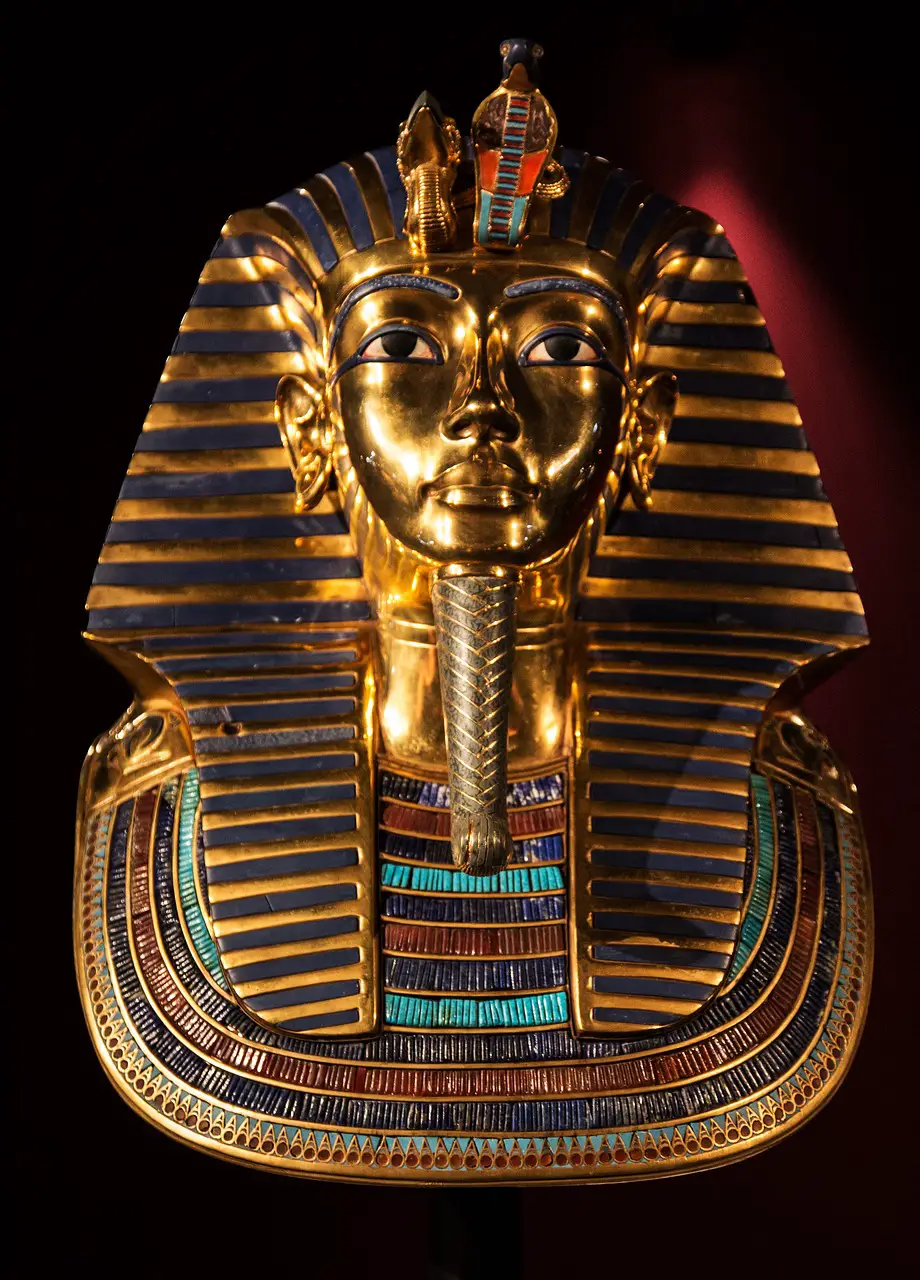
The ancient Egyptians are known for their impressive pyramids, remarkable art, and rich culture, but one of their most interesting and complex aspects was their religion. The religion of ancient Egypt was not just a belief system; it was an integral part of their daily lives and society. In this article, we will explore the religion of ancient Egypt, its gods and goddesses, rituals, temples, and beliefs about the afterlife.
Table of Contents
What Was the Religion of Ancient Egypt?
The ancient Egyptians were polytheistic, meaning they worshipped multiple gods and goddesses. They believed that the gods and goddesses controlled the forces of nature and the universe, and they offered them daily prayers and sacrifices to ensure their favor and protection. The ancient Egyptian religion was incredibly complex, with thousands of gods and goddesses, each with their own characteristics and stories.
The New Kingdom: The Pinnacle of Ancient Egyptian Religion
The New Kingdom, which lasted from 1550 BC to 1070 BC, was the height of ancient Egyptian religion. During this period, the pharaohs and their priests focused on the god Amun, who was believed to be the king of the gods. The pharaohs built magnificent temples dedicated to Amun and his consort goddess Mut, where the priests performed daily rituals to appease the gods.
Monotheism: The Rise and Fall of Atenism
While ancient Egyptian religion was primarily polytheistic, there was a brief period in the New Kingdom when monotheistic religion was briefly adopted. This was during the reign of the pharaoh Akhenaten, who ruled from approximately 1353-1336 BCE.
Akhenaten believed in the existence of only one god, the Aten, which was represented by the sun disk. He declared that the Aten was the only god and that all other gods were false. He went so far as to change his name from Amenhotep IV to Akhenaten, which meant “servant of the Aten.” He also moved the capital of Egypt from Thebes to a new city he founded called Akhetaten, which was dedicated to the worship of the Aten.
This new religion, known as Atenism, was a radical departure from traditional Egyptian religion, and it was not widely accepted by the population. Many people continued to worship the traditional gods and goddesses, and there was significant resistance to Akhenaten’s reforms.
After Akhenaten’s death, his son Tutankhamun took the throne and began to restore the traditional religion. He changed his name from Tutankhaten to Tutankhamun, which meant “living image of Amun,” and he moved the capital back to Thebes.
King Tut and the Afterlife

One of the most famous pharaohs in ancient Egyptian history is King Tutankhamun, or King Tut, who ruled during the 18th dynasty in the New Kingdom. King Tut’s tomb was discovered in 1922 by British archaeologist Howard Carter, and it contained an array of treasures and artifacts that shed light on ancient Egyptian religion and beliefs about the afterlife. The ancient Egyptians believed in the concept of the afterlife and that death was just a temporary state that led to eternal life in the next world.
Beliefs About the Afterlife
The ancient Egyptians believed that the afterlife was a continuation of life on Earth and that the soul needed to be properly prepared to make the journey to the next world. They believed that the soul would be judged by the god Osiris, who would weigh the heart of the deceased against the feather of Maat, the goddess of truth and justice. If the heart was lighter than the feather, the soul would be able to enter the afterlife and live forever among the gods. However, if the heart was heavier than the feather, it was believed that the soul would be devoured by the god Ammit, a fearsome creature with the head of a crocodile, the body of a lion, and the hindquarters of a hippopotamus.
To prepare for the afterlife, the ancient Egyptians believed that the body needed to be preserved through mummification, a complex and time-consuming process that involved removing the organs and treating the body with various substances. They also believed that the deceased needed to be provided with everything they would need in the afterlife, such as food, clothing, and jewelry. This is why tombs were often filled with such items.
Gods and Goddesses of Ancient Egyptian Religion
The ancient Egyptians worshipped numerous gods and goddesses, each with their own personalities, characteristics, and symbolism. Some of the most well-known gods and goddesses include:
- Ra: The god of the sun, who was one of the most powerful and important gods in ancient Egyptian religion.
- Osiris: The god of the afterlife, who was responsible for judging the souls of the dead.
- Isis: The goddess of fertility and motherhood, who was also associated with magic and healing.
- Horus: The god of the sky and protector of the pharaohs.
- Anubis: The god of the dead and embalming, who was often depicted as a jackal.
Temples and Rituals in Ancient Egyptian Religion
The ancient Egyptians built magnificent temples to honor their gods and goddesses, and they believed that the temples were the dwelling places of the gods on Earth. The temples were staffed by priests, who performed daily rituals and ceremonies to ensure the favor of the gods. The rituals involved offerings of food, drink, and incense, as well as prayers and hymns. The priests also performed purification rituals, where they would cleanse themselves with water and burn incense to purify the temple.
Conclusion
In conclusion, ancient Egyptian religion was a complex and multifaceted belief system that played a central role in the lives of the people of ancient Egypt. It was a religion that focused on the worship of gods and goddesses, and it was believed that the gods and goddesses were responsible for maintaining order and balance in the world. Ancient Egyptian religion was characterized by its many rituals and ceremonies, and it placed a great emphasis on the afterlife and the preparation of the soul for the journey to the next world.
The pharaoh, as the highest religious authority, played a central role in ancient Egyptian religion, and the temples and priests were responsible for maintaining the relationship between the gods and the people. Overall, ancient Egyptian religion was a rich and complex belief system that played a fundamental role in the society and culture of ancient Egypt.